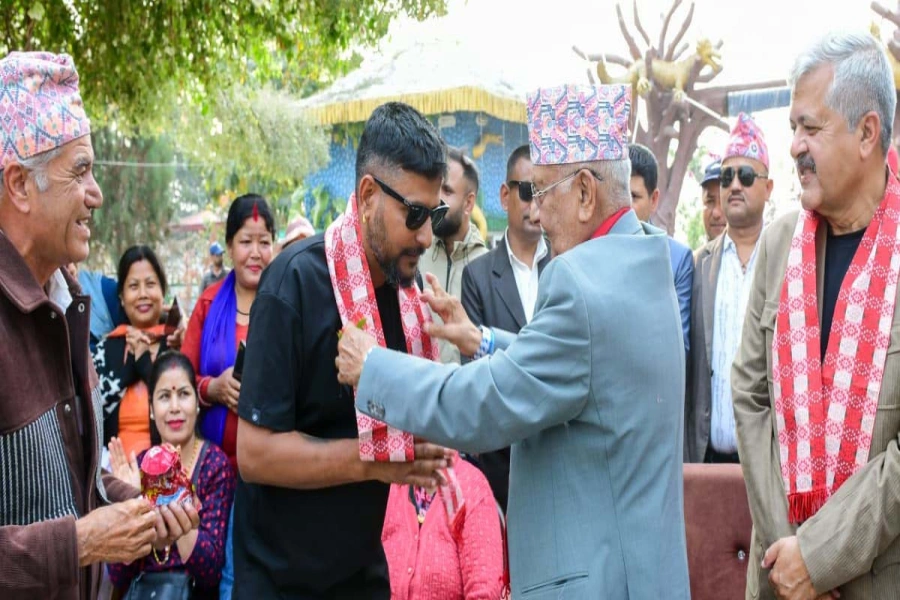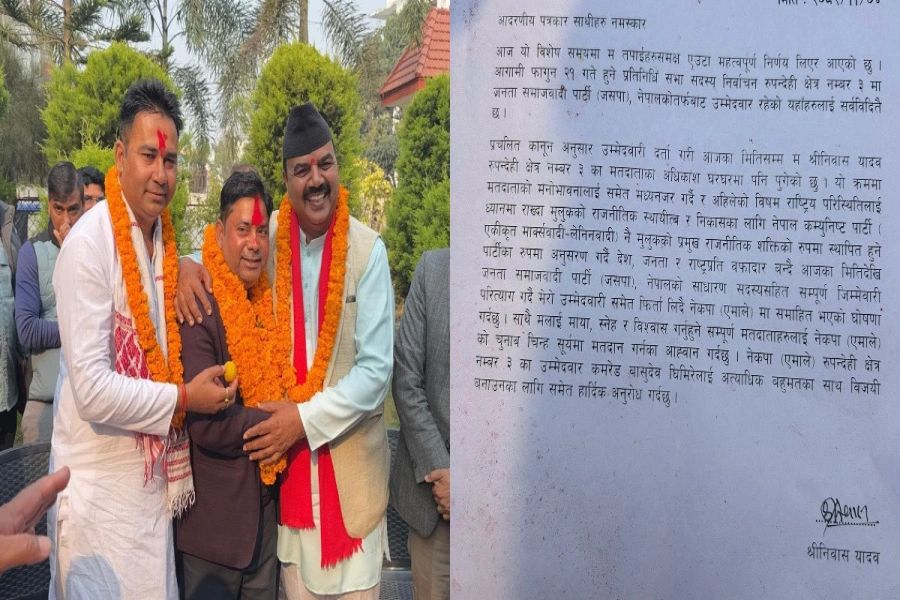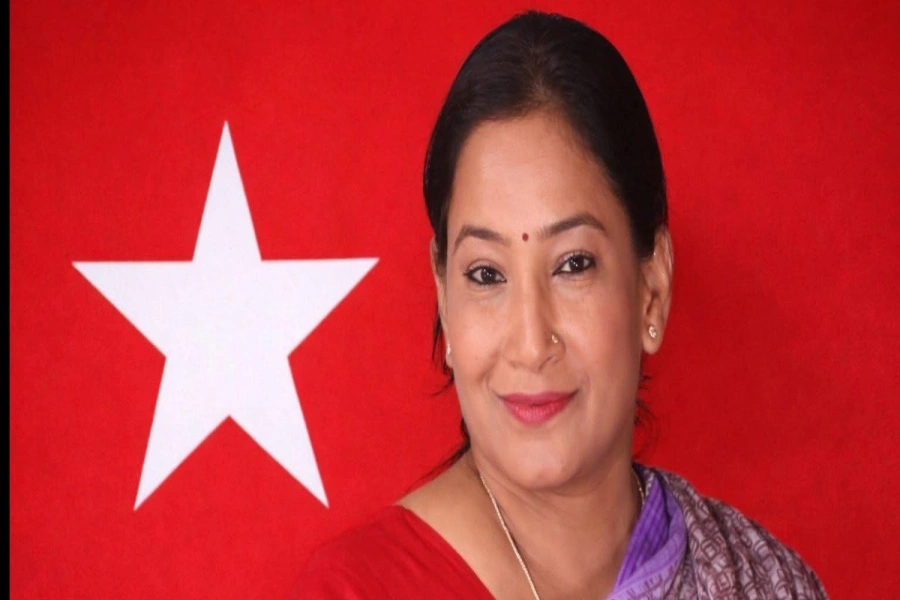Dismal performance in health insurance coverage
KATHMANDU, July 13: A national survey conducted by the Central Bureau of Statistics (CBS) showed that infant mortality and under-five mortality rate has significantly declined in Nepal in the last 5 years. However, the survey has shown dismal performance in health insurance coverage in Nepal.
According to Nepal Multiple Indicator Cluster Survey, 2019 (NMICS 2019), the infant mortality rate has decreased from 33 to 25 (deaths per 1,000 live births), and the under-five mortality rate has also significantly declined for the same period from 38 to 28. Similarly, the neonatal mortality rate also declined from 23 to 16.
NMICS 2019 covered 12,800 households in Nepal. Besides, water quality testing for E.coli bacteria and arsenic was performed in 2,536 households. The survey was commissioned by CBS from May to November 2019 as a part of the sixth round of the global MICS household program.


According to the survey, Sudur Paschim Province has reported the highest neonatal mortality rate of 25 deaths while Bagmati Province reported the lowest, with 9 deaths. Similarly, Province 5 has reported the highest infant mortality rate of 35 deaths while the lowest is reported in Province 2 with 15 deaths. Province 5 reported the highest under-five mortality rate of 40 deaths while Province 2 and Bagmati Province reported the lowest, 19 deaths.
Dismal health insurance coverage
Nepali men drink and smoke more than women: CBS survey

The survey paints a dismal picture in terms of health insurance. Only 5.8 percent of women age 15-49 and 5.2 percent of men age 15-49 have reported having health insurance. Similarly, 4.4 percent of children 5-17 years and 3.7 percent of children under-five have reported health insurance coverage.
The survey, conducted every five years since 2010, also showed that 89.9 percent of household members have access to electricity in Nepal. Gandaki Province reported the highest of 98.9 percent while Karnali Province reported the lowest of 44.9 percent. Also, 96.2 percent of households have a telephone (fixed line or mobile phone) while that of Bagmati province was reported the highest (98.0%) and the lowest (93.6%) in Karnali province.
In terms of access to mass media and the use of information/communication technology, the survey showed that one out of every two (51.1%) households have reported having access to the internet by any device, which indicates the significant use of the internet at home.
One in every two women uses a contraceptive
The survey showed that one in every two (46.7%) of women, aged 15-49 years, who are currently married or in the union, are reported to have been using a modern or traditional contraceptive method. Also, among the women aged 15-49 years with a live birth in the two years preceding the survey, 77.5 percent delivered at a health facility, 79.3 percent were delivered by skilled health personnel, and 15.3 percent were delivered by cesarean section (C-section).
Child health, nutrition, and development
The other areas that Nepal can cherish are the improvement in child health. According to the survey, underweight and stunting prevalence amongst children under five has declined from 30.1 and 37.5 in 2014 to 24.3 and 31.5 in 2019 respectively in the five years.
However, there is marked variation in terms of provincial performance. The highest underweight prevalence of 37.4 was recorded in Karnali Province followed by Sudur Paschim Province with 33.3 percent and Province 5 with 30.7 percent. Bagmati has the lowest underweight prevalence (11.1%).
Low birth registration
The survey showed that Nepal lacks the practice of birth registration, though many know it was necessary. "Although a high proportion of mothers or caretakers of children under five (86%) know how to register a birth in Nepal, registration is still not widely practiced, with only 77.2% of births registered", it said.
Also, 10.6 percent of the children aged 2-17 years are reported to have some functional difficulties in at least one domain that includes hearing, vision, communication/comprehension, learning, mobility, and emotions.
In terms of Water, Sanitation, and Hygiene (WASH), the survey showed that 97.1 percent of household members used drinking water from an improved water source. However, 85.1 percent of household members were at the risk of E. coli bacteria concentration in their household drinking water.
Men are happier than women
The survey showed that men are happier than women in terms of life satisfaction.
"64.7 percent of men 15-49 years and 62.4 percent of women 15-49 years are reported to be very or somewhat happy, while that remained 68.0 percent of women aged 15-24 years and 69.6 percent of men reported to be very or somewhat happy," it said.





































